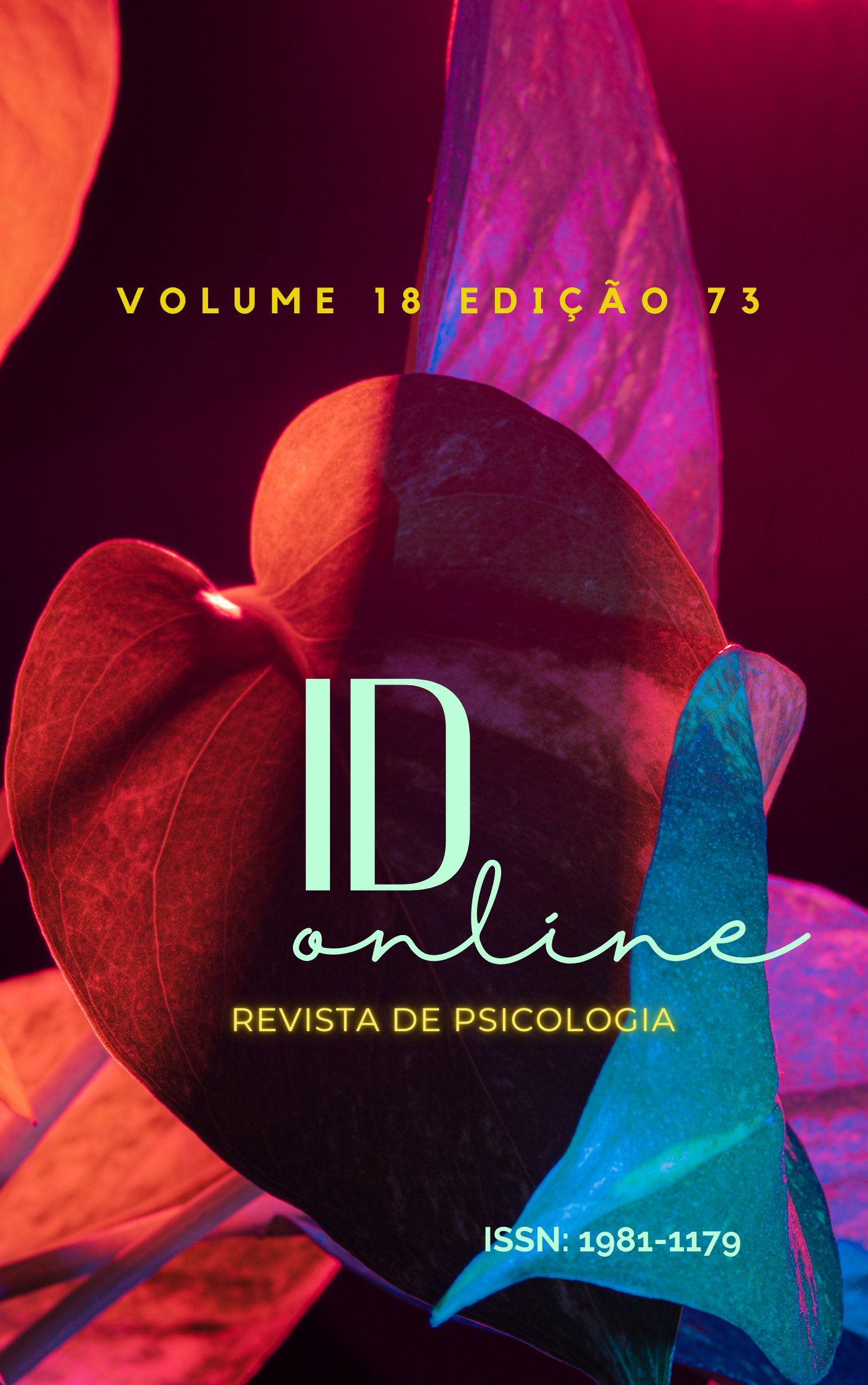It is not only important to know what a child's Coffin-Siris diagnosis is, but to know the child who has the diagnosis
Keywords:
Disability, Coffin-Siris Syndrome, Psychopedagogy, Learning, Language, Historical-Cultural TheoryAbstract
We have realized a lack of information about Coffin-Siris syndrome during the pedagogical attendance of a 3-year-old child with this condition. In biomedical literature, the diagnosis is described as a set of characteristics of hypoplasia or aplasia, facial dysmorphisms, intellectual interruptions, etc. Through historical-cultural understanding of the development of people with disabilities, and based on the Dias-Presotti Method, we organized resources and strategies for the teaching process. We present our experience report of psychopedagogical intervention that took place for 5 months, and the resulting evidence of the child's learning and language development processes. With this work we intend to contribute to expanding dialogues about this condition.
Downloads
References
BEATÓN, G. A. El diagnóstico explicativo versus diagnóstico clasificatorio. In: LEÓN, G. F.; CARRIÓN, M. del R. Ortiz (orgs.). Estudios Histórico Culturalistas en Educación y Desarrollo Humano. León: Universidad De La Salle Bajío, 2019, v. I, p. 31-48.
CHENG, S. S. W.; LUK, H.; MOK, M. T.; LEUNG, S.; LO, I. F. M. Genotype and phenotype in 18 Chinese patients with Coffin‐Siris syndrome. American Journal of Medical Genetics, Hoboken, v. 185, n. 7, p. 2250-2261, 2021. DOI: https://doi.org/10.1002/ajmg.a.62187
COFFIN, G. S. Postmortem findings in the Coffin-Lowry syndrome. Genetics in Medicine, [s. l.], v. 5, n. 3, p. 187-193, 2003. Disponível em: https://pubmed.ncbi.nlm.nih.gov/12792428/. Acesso em: 14 set. 2024.
COFFIN, G. S.; SIRIS, E. Mental retardation with absent fifth fingernail and terminal phalanx. American Journal of Diseases of Children, [s. l.], v. 119, n. 5, p. 433-439, 1970. DOI: https://doi.org/10.1001/archpedi.1970.02100050435009
CSS Fast Facts and FAQs. Coffin-Siris Syndrome Foundation, [s. l.], 2020. Disponível em: https://www.coffinsiris.org/_files/ugd/c25950_8f3d9ec3b84c4eeeaa9a58fa8e8ead88.pdf. Acesso em: 30 nov. 2023.
DAMIANI, M. F.; ROCHEFORT, R. S.; CASTRO, R. F. de; DARIZ, M. R.; PINHEIRO, S. S. Discutindo pesquisas do tipo intervenção pedagógica. Cadernos de Educação, Pelotas, v. 45, p. 57-67, 2013. Disponível em: https://periodicos.ufpel.edu.br/ojs2/index.php/caduc/article/view/3822/3074. Acesso em: 06 set. 2024.
DINIZ, D. O que é deficiência. São Paulo: Editora Brasiliense, 2012.
DR. Grange S. Coffin. San Francisco Chronicle, San Francisco, 10 fev., 2022. Disponível em: https://www.pressreader.com/usa/san-francisco-chronicle-late-edition/20220210/282067690350464. Acesso em: 30 nov. 2023.
MINAGI, H. Evelyn L. Siris-Levitin, MD: 1914-1987. Radiology, on-line, v. 167, n. 1, p. 289-289, 1988. DOI: https://doi.org/10.1148/radiology.167.1.289-a
RODRIGUES, M. de L. D. Mediação psicopedagógica: autismo método Dias-Presotti. Curitiba: Appris, 2020.
VIGOTSKI, L. S. Teoria e método em psicologia. São Paulo: Martins Fontes, 2004.
VIGOTSKI, L. S. A brincadeira e o seu papel no desenvolvimento psíquico da criança. Revista Virtual de Gestão de Iniciativas Sociais, Rio de Janeiro, v. 8, n. 1, p. 23-36, 2008. Disponível em: https://atividart.files.wordpress.com/2016/05/a-brincadeira-e-seu-papel-no-desenvolvimento-psiquico-da-crianc3a7a.pdf. Acesso em: 06 set. 2024.
VIGOTSKI, L. S. Obras escogidas III: problemas del desarrollo de la psique. Madri: Machado grupo de distribuición, 2012a.
VIGOTSKI, L. S. Obras escogidas V: fundamentos de defectología. Madri: Machado grupo de distribuición, 2012b.
VIGOTSKI, L. S. Obras escogidas VI: herencia científica. Madri: Machado grupo de distribuición, 2017.
VIGOTSKY, L. S. Pensamiento y habla. Buenos Aires: Colihue, 2007.
YIN, R. K. Estudo de Caso: planejamento e métodos. Porto Alegre: Bookman, 2005.
Downloads
Published
How to Cite
Issue
Section
License
Copyright (c) 2024 Me. Ana Paula de Oliveira Machado do Nascimento, Me. Lourdes Dias, Dra. Joanna de Paoli

This work is licensed under a Creative Commons Attribution-NonCommercial 4.0 International License.
Os autores detêm os direitos autorais sem restrições, devendo informar a publicação inicial nesta revista, em caso de nova publicação de algum trabalho.










